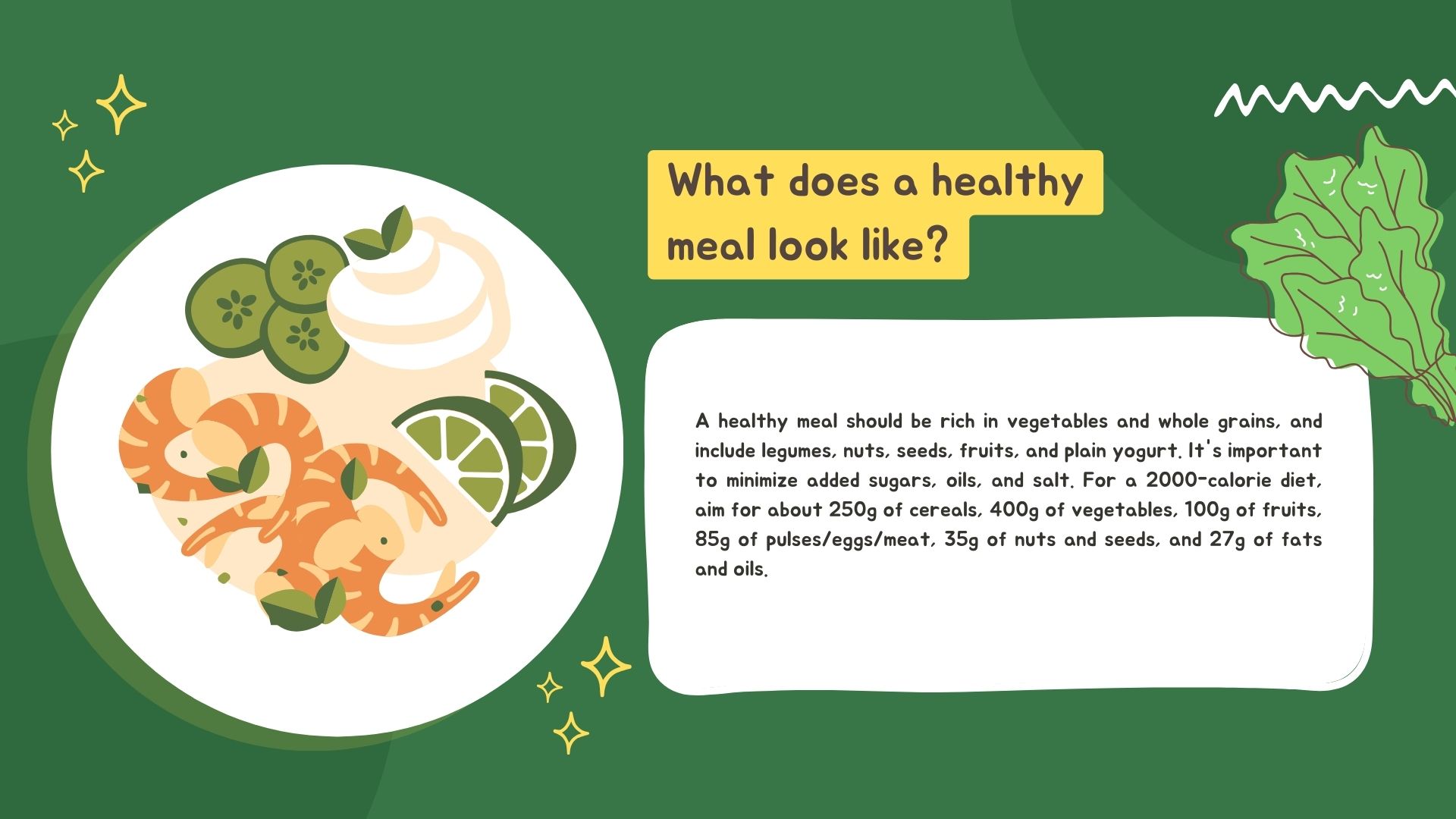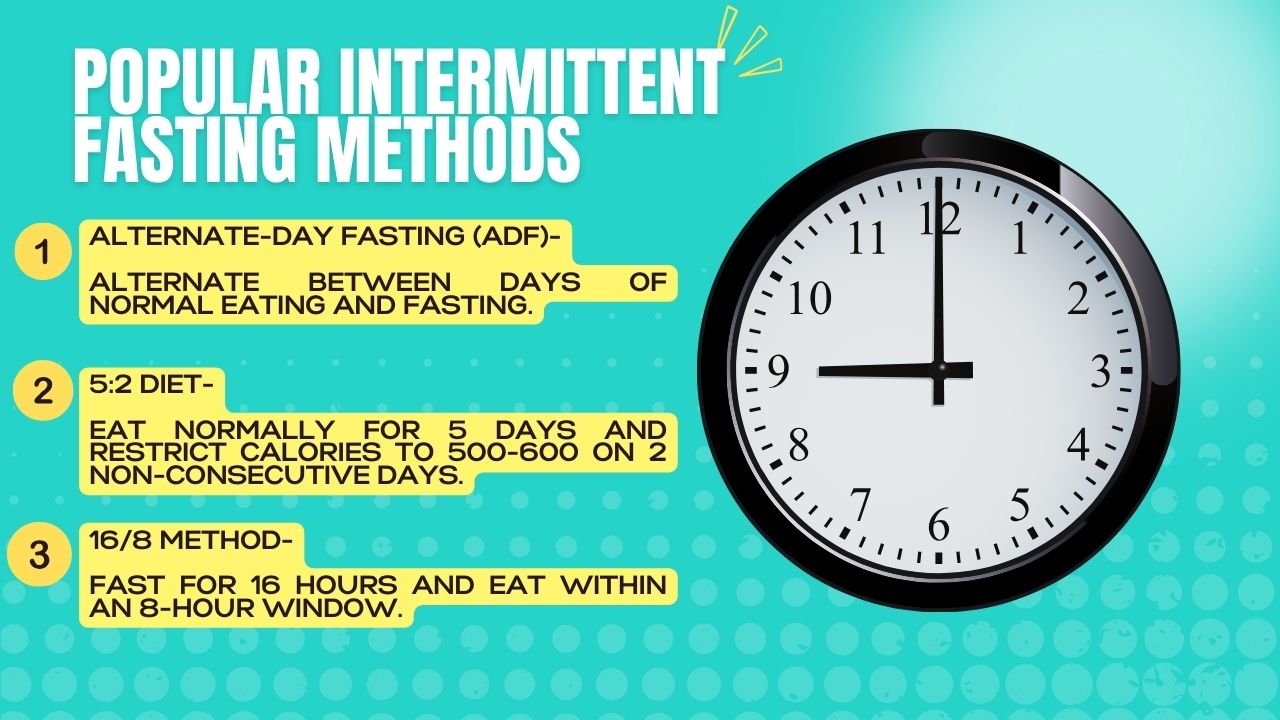The Science of Weight Loss With a Healthy Diet

Over half of India’s population struggles with obesity. According to the Indian Council of Medical Research’s (ICMR) latest dietary guidelines, unhealthy diets contribute to a significant 56.4% of India’s total disease burden. The ICMR report highlights the rising consumption of processed foods, sedentary lifestyles, and limited dietary diversity as key factors exacerbating micronutrient deficiencies and obesity.

Science-Backed Strategies for Weight Loss
Given the well-known health risks, finding effective weight loss strategies remains a pressing concern. Despite the options of diets and plans available, maintaining long-term weight loss continues to be a challenge for many.
What can be done in this case?
Try the following-
Intermittent Fasting
Intermittent fasting is all about cycling between periods of eating and fasting. Studies suggest that IF can be as effective as traditional calorie restriction for weight loss.

Track Your Intake and Exercise
Tracking your diet and exercise can be a powerful tool for weight loss. It can increase awareness, motivation, and accountability. Consider using a food diary or a fitness tracker.
Practice Mindful Eating
Mindful eating involves paying attention to your food and eating experience. It can help you enjoy your meals to the best of ability, avoid overeating, and make healthier choices.
Prioritize Protein
Protein can help you feel fuller for longer by regulating appetite hormones. Incorporate protein-rich foods into your meals and snacks, such as eggs, lean meats, legumes, and nuts.
Limit Sugars and Refined Carbs
Reducing the intake of sugary drinks as well as refined carbohydrates can help in weight loss. Include whole grains, fruits, and vegetables instead.
Boost Your Fiber Intake
Fiber-rich foods can help you feel fuller, leading to reduced calorie intake. Increase your fiber intake by consuming fruits, vegetables, whole grains, legumes, and nuts.
Balance Your Gut Bacteria
A healthy gut microbiome can support weight loss. Consume a variety of plant-based foods, fermented foods, and prebiotic foods to nourish your gut bacteria.
Prioritize Sleep
Adequate sleep is crucial for weight management. Aim for 7-9 hours of quality sleep each night to regulate hormones, boost metabolism, and reduce cravings.
Manage Stress
Stress can lead to overeating and weight gain. Practice stress-management techniques such as yoga, meditation, or deep breathing to reduce stress and improve overall well-being.

References
https://www.health.harvard.edu/topics/diet-and-weight-loss
https://www.medicalnewstoday.com/articles/322345#managing-stress
